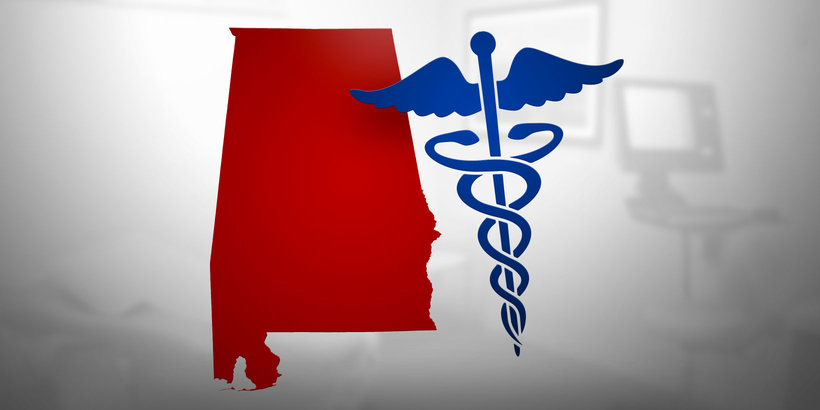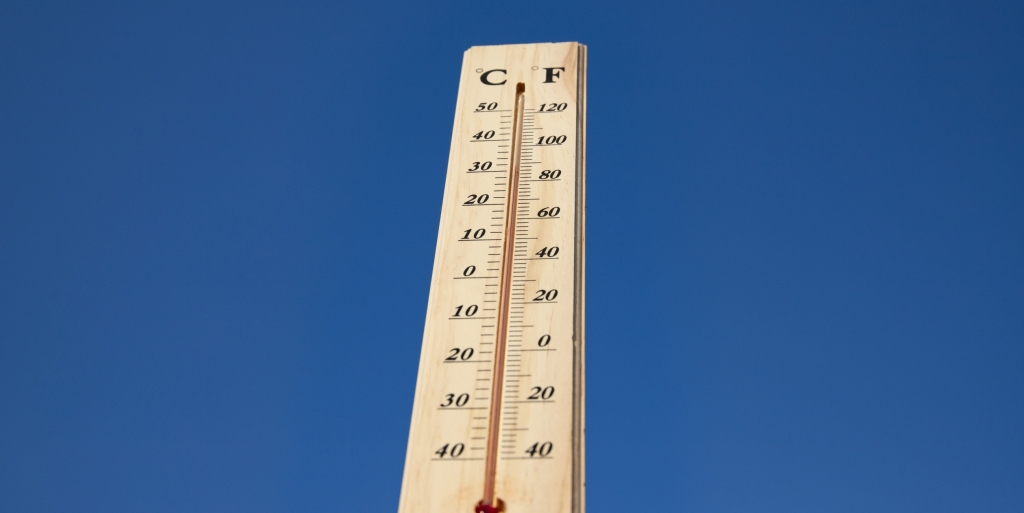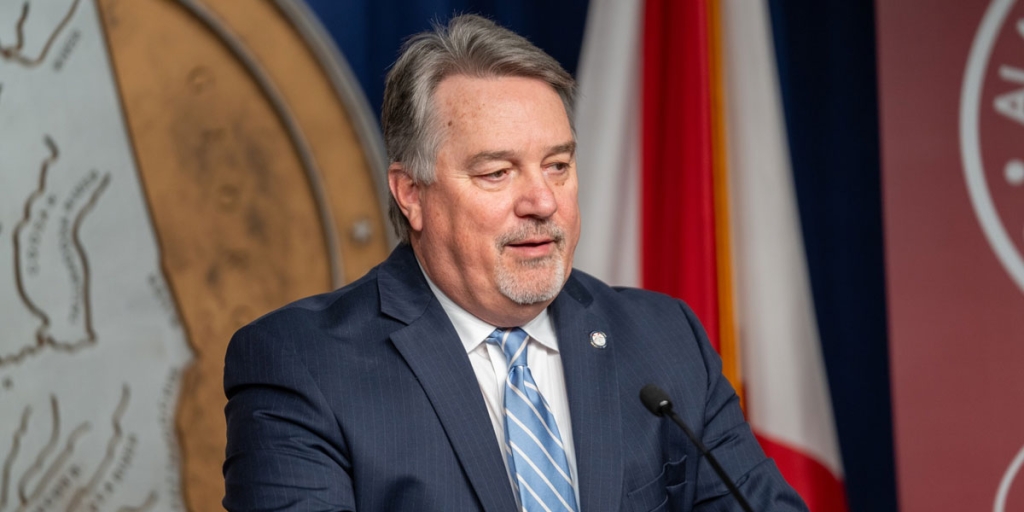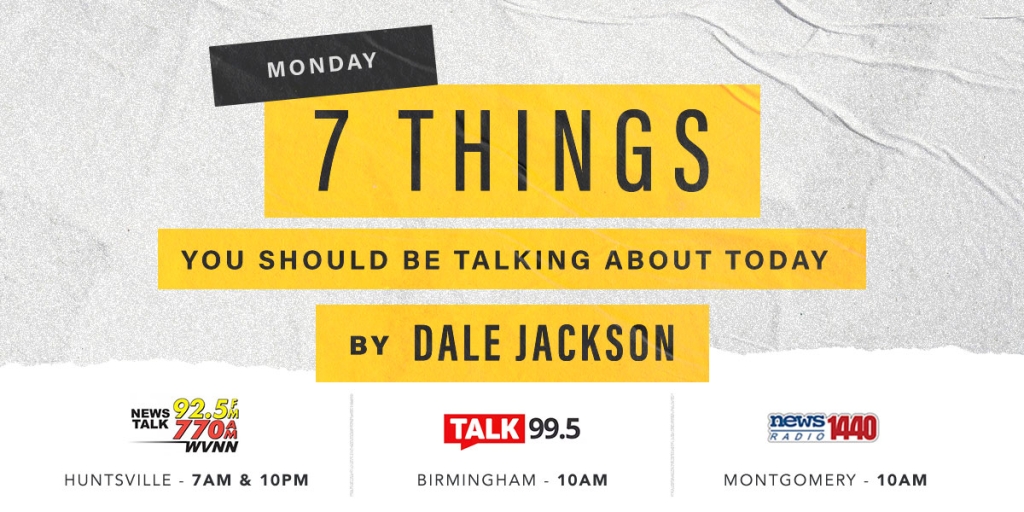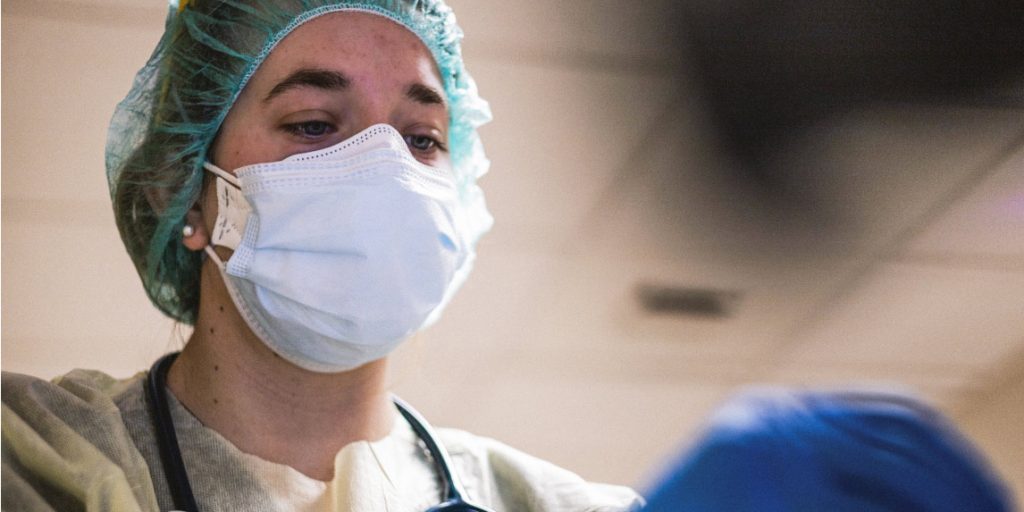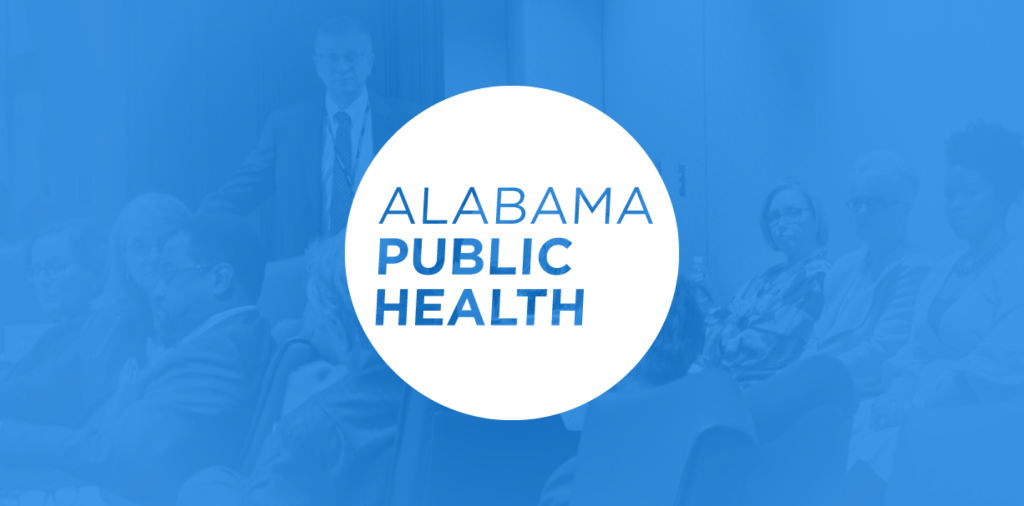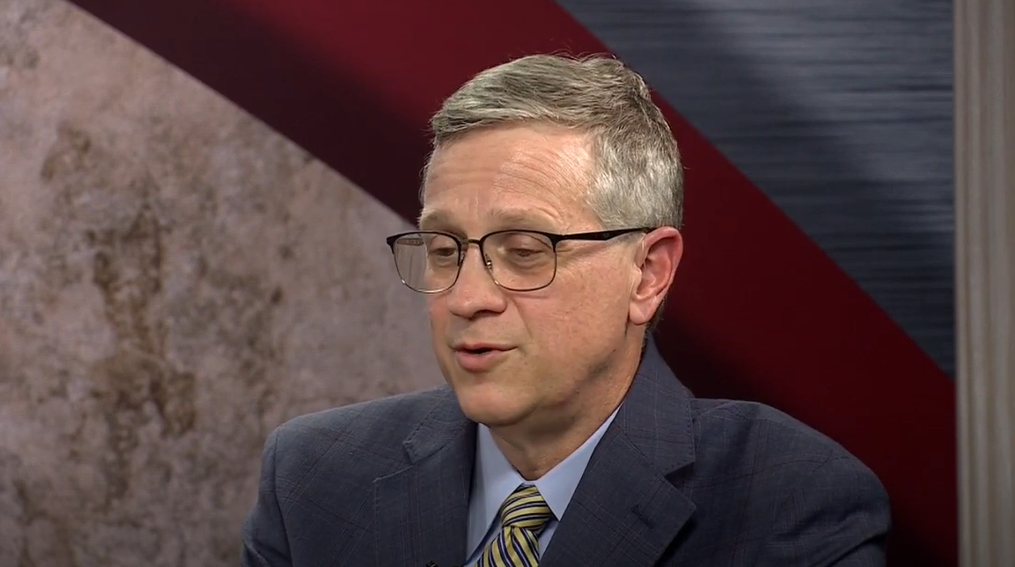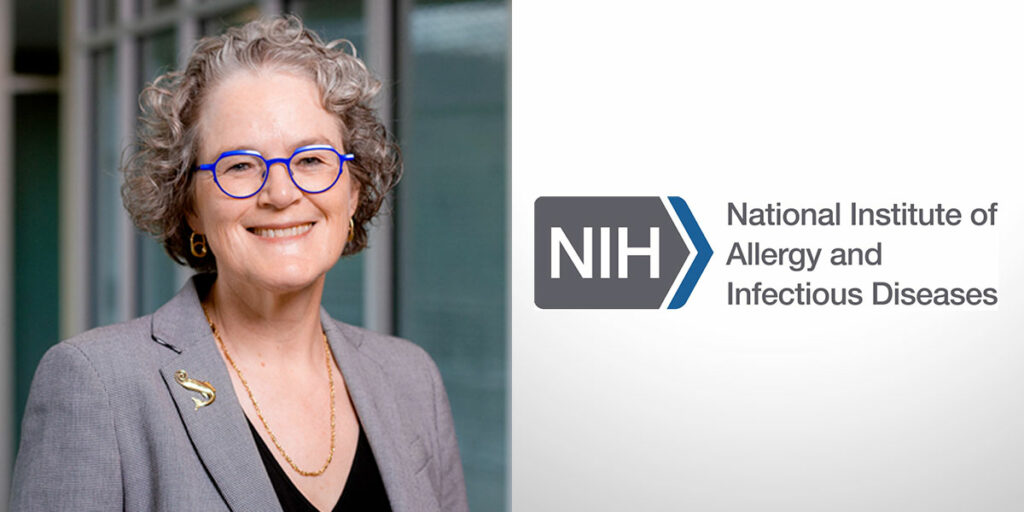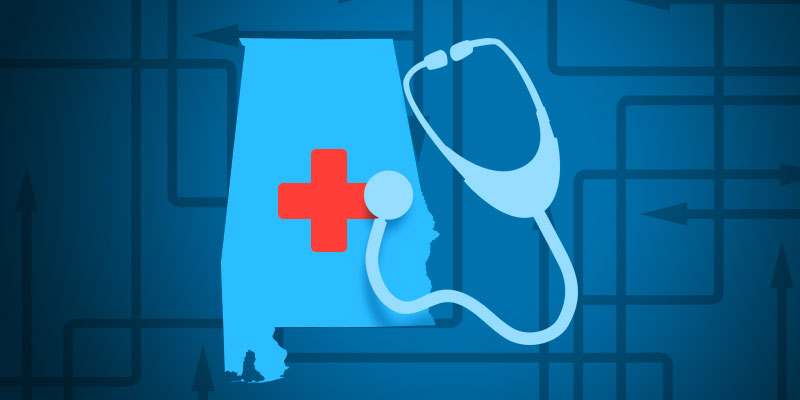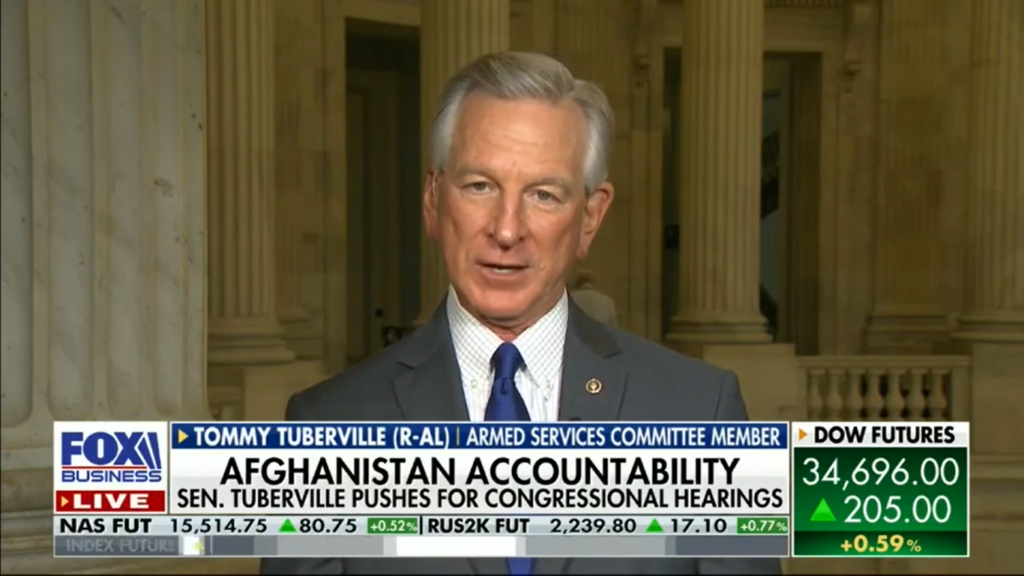The Alabama Medical Association is pushing back against the federal government for taking steps to limit access to monoclonal antibody treatment, which it says is proving to help reduce COVID-19 hospitalizations.
Dr. Aruna Arora, president of the Medical Association, expressed displeasure with a recent decision by the U.S. Department of Health and Human Services (HHS), which she believes could prove detrimental to the state’s efforts to combat the growing spread of the Delta variant.
“Alabama’s hospitals are full and under tremendous stress,” said Arora. “That’s why physicians are very concerned about federal efforts that will end up limiting our supply and access to this effective treatment. We’re calling on the federal government to help us provide more of this treatment – not less – so we can save lives and keep COVID patients out of the hospital.”
According to the Medical Association, HHS last week notified state health agencies that efforts to expand monoclonal antibody therapy locations have been placed on hold. In addition, HHS said it is temporarily reducing the quantity of the treatment that health care providers can order, estimating that only 70% of orders will be approved.
There are currently 228 locations in Alabama that provide monoclonal antibody treatment, 142 of which are non-hospital locations such as physician offices and urgent care centers, according to the association.
The Alabama Medical Association has been a vocal and active proponent in promoting the use of monoclonal antibody treatment. The association also said that it has provided a toolkit to physicians to assist them in ordering the medicine.
In addition to reducing hospitalizations, doctors say the treatment has worked to reduce viral loads and lessen symptom severity.
Arora stated that the treatment has had a positive effect on patients attempting to recover from COVID-19 and encouraged those who contract the virus to seek the medicine from their family doctor.
“Many patients who receive monoclonal antibody treatment report feeling better within 24 to 48 hours,” added Arora. “The best way people can avoid COVID-19 and hospitalization is to get vaccinated. Monoclonal antibody treatment is not a substitute for COVID vaccinations. However, if someone does test positive for COVID-19, they should immediately talk to a physician and see if they qualify for monoclonal antibody treatment. It can be a life-saver if given in the first 10 days of symptoms.”
Dylan Smith is a staff writer for Yellowhammer News. You can follow him on Twitter @DylanSmithAL




